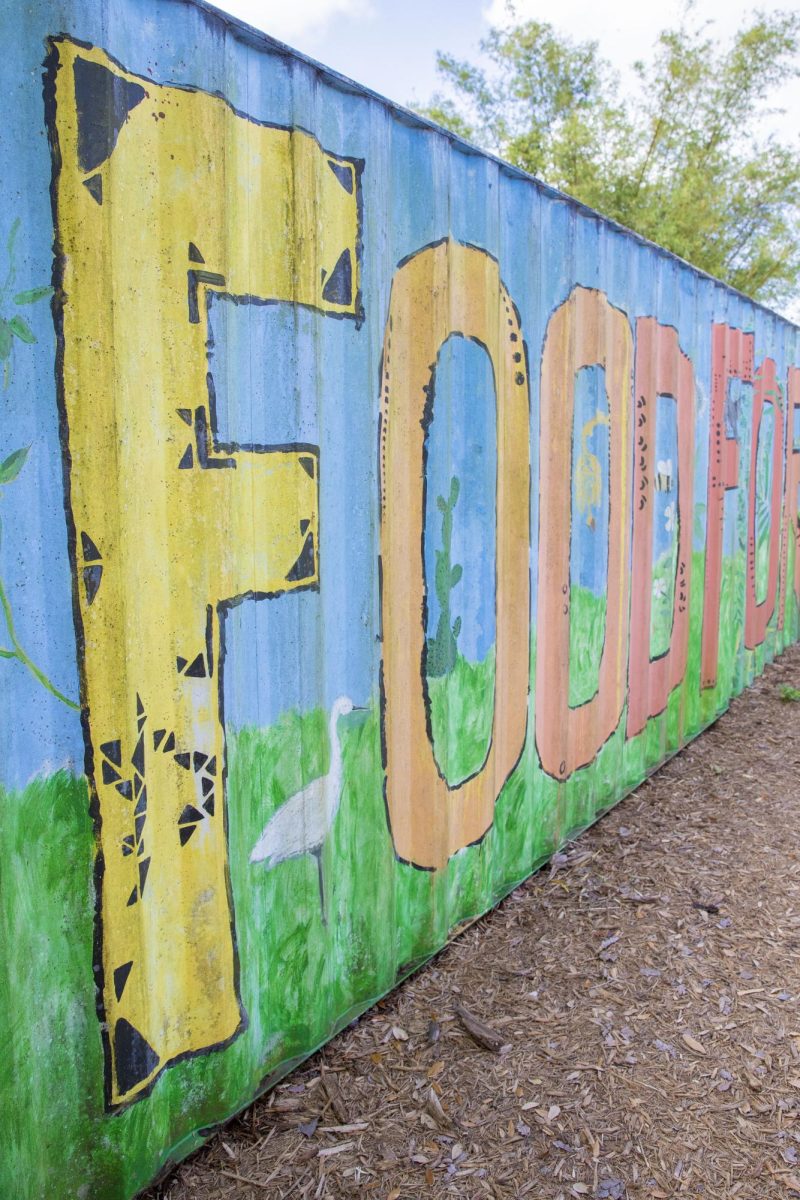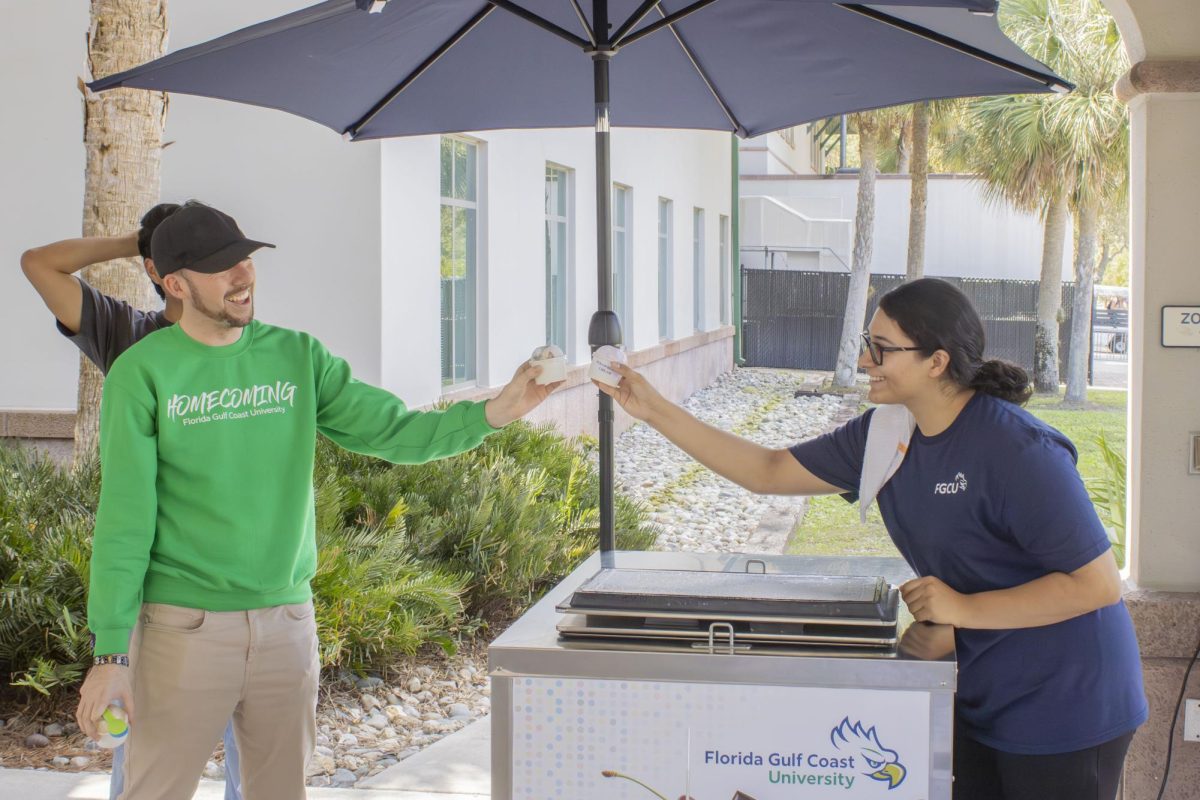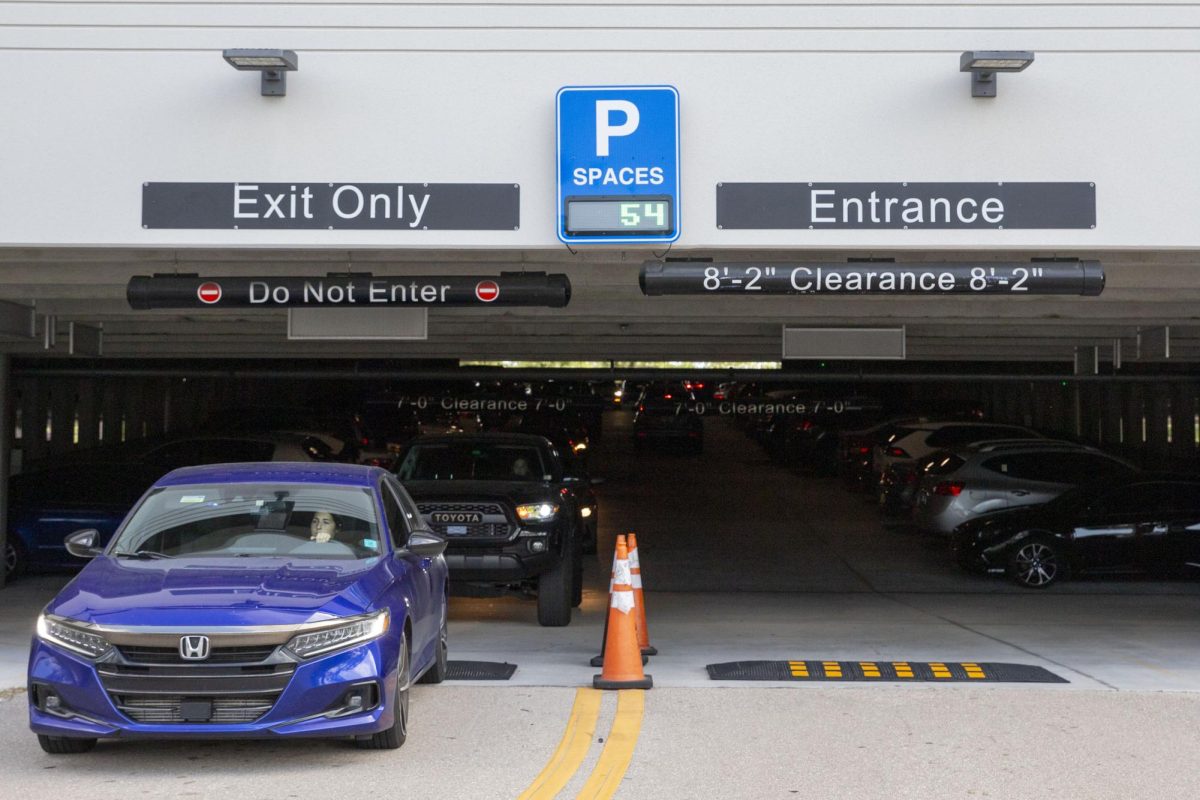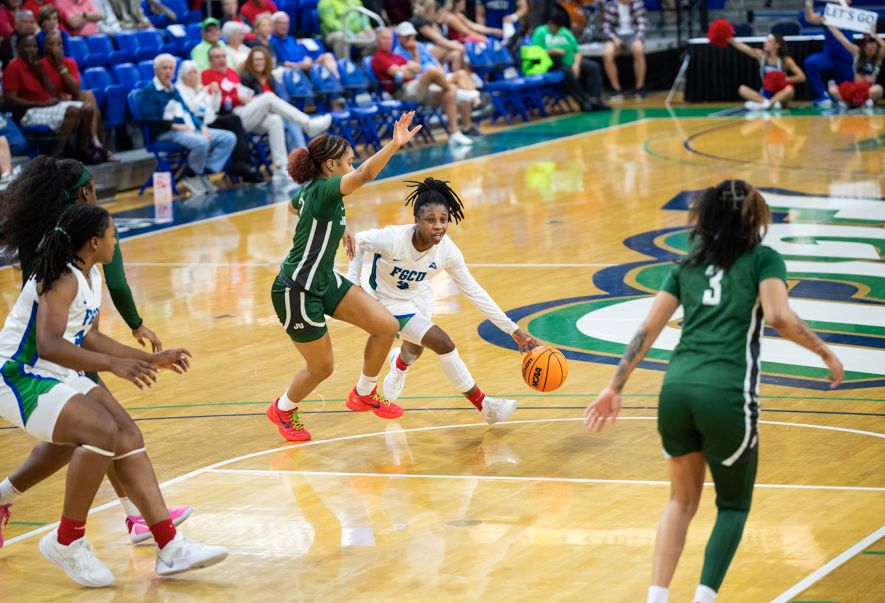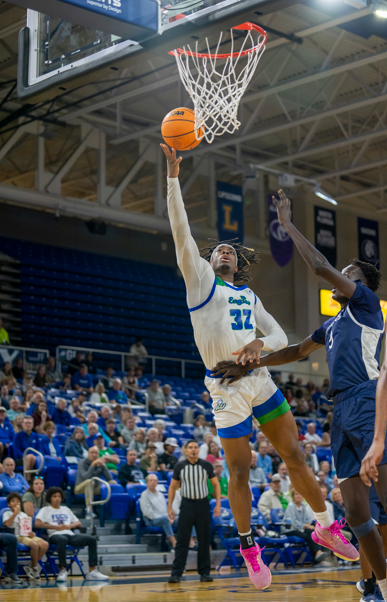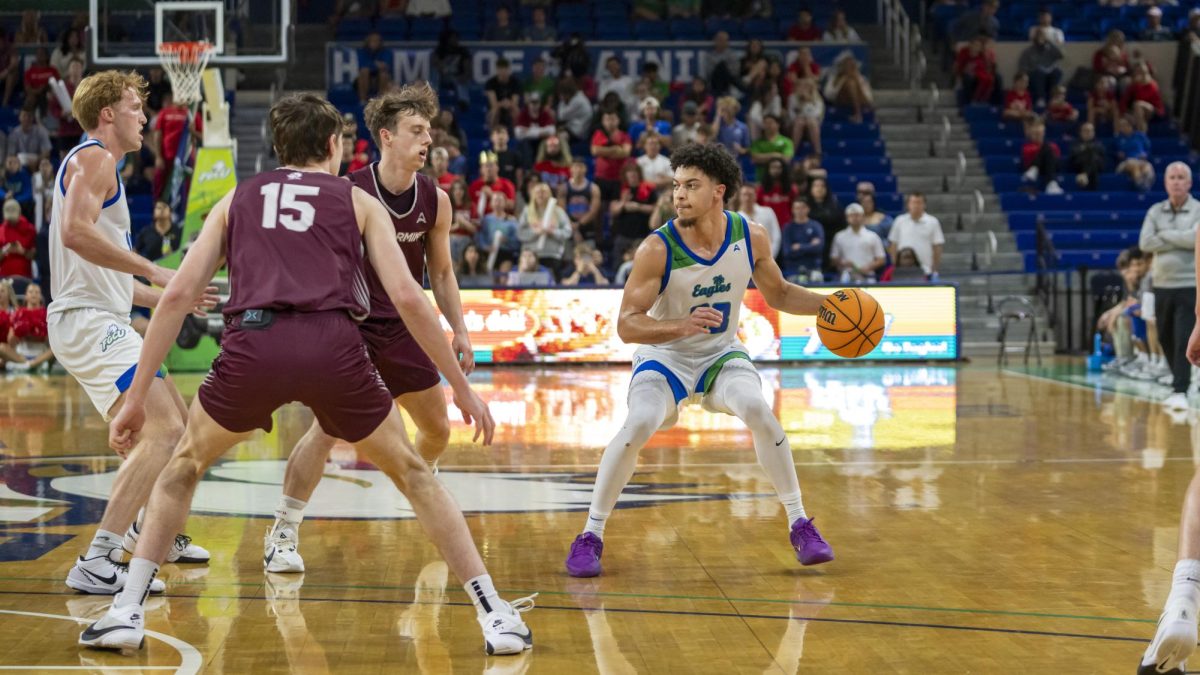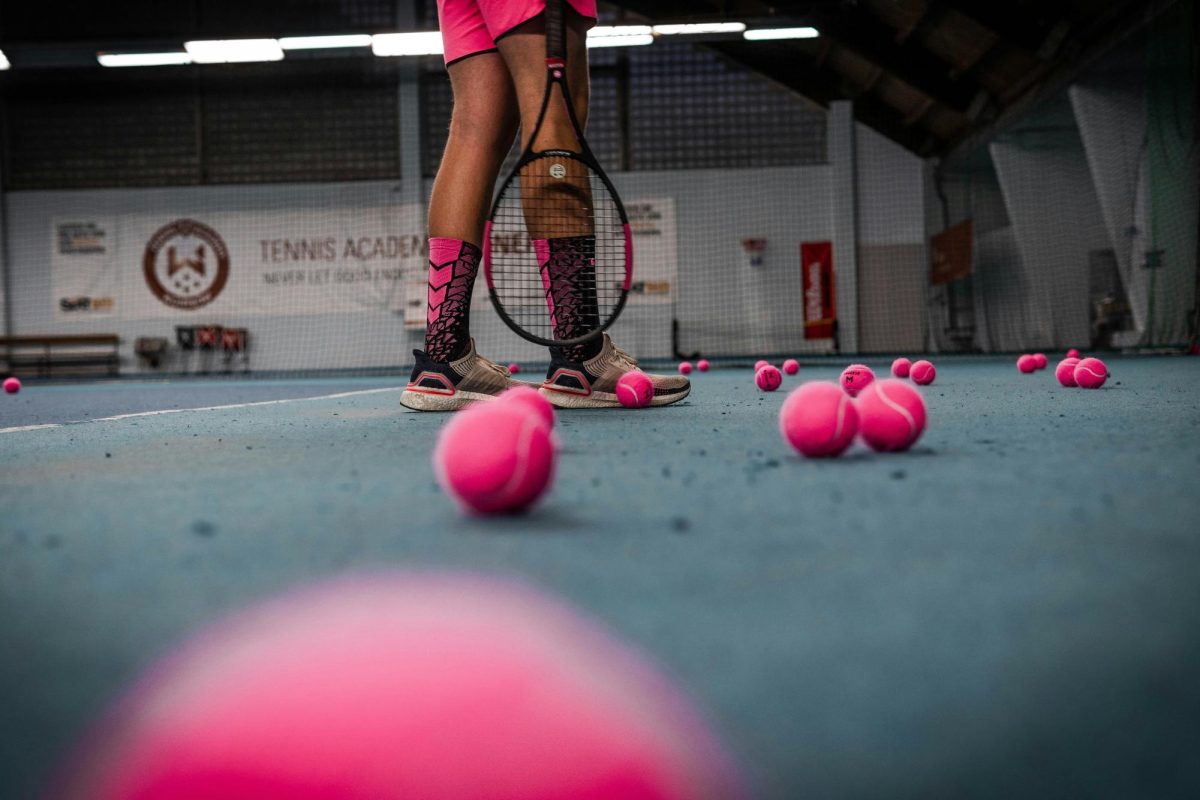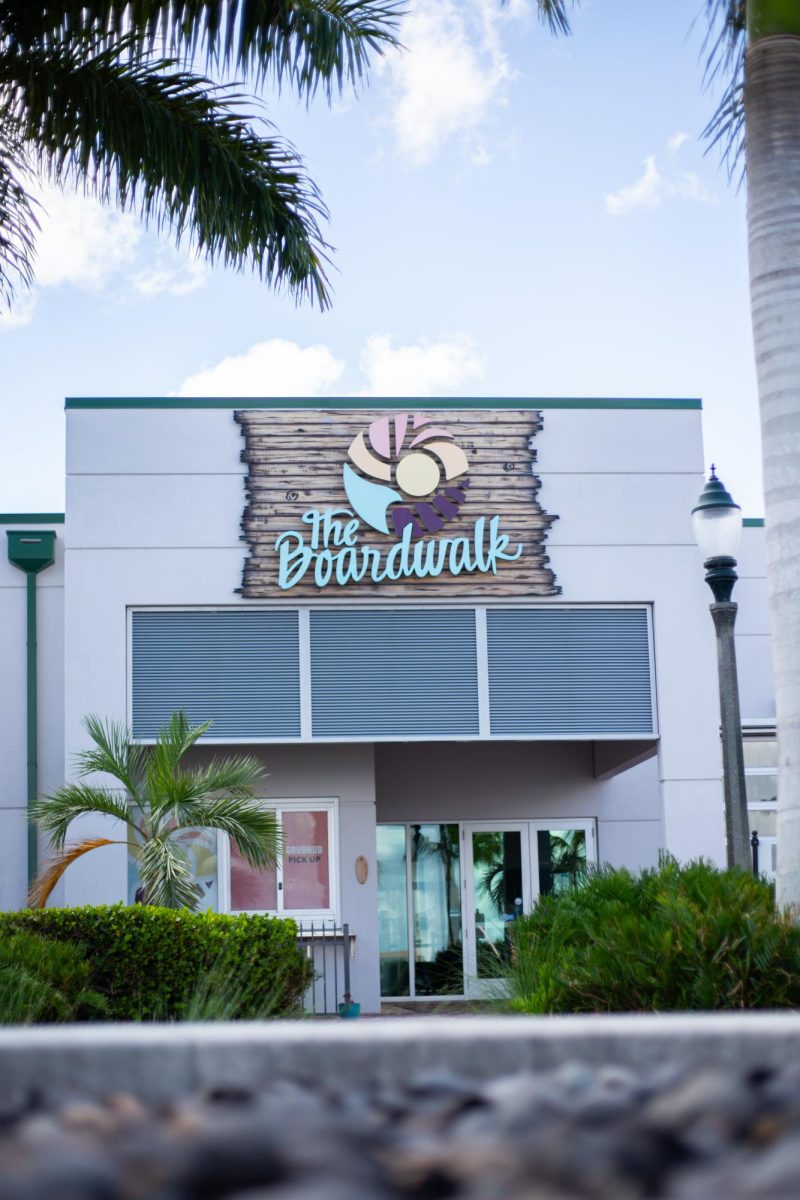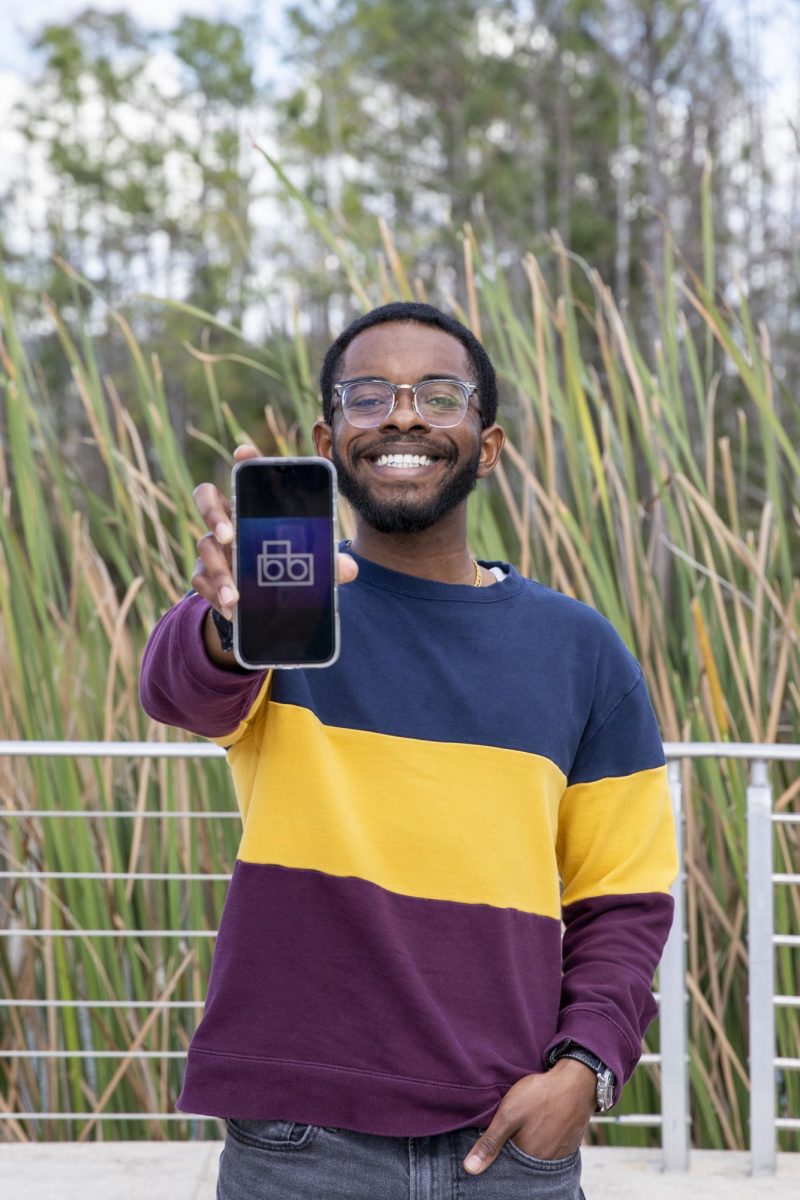
As stomachs start to rumble, images of Taco Bell, Azul’s or Subway float through student’s minds as they decide on which dining outlet will satisfy their hunger. However, not much thought goes into how these food sources got onto campus.
The food options made available for students are the result of the dining service company that forms a contract with the school. In July 2016, Florida Gulf Coast University’s dining service contract with Aramark ends. As a result, the process for finding a dining service has begun.
FGCU has been working with Aramark since 2008. However, according to Joe McDonald, assistant vice president of business services at FGCU since FGCU has grown over the last couple of years, other companies have reached out offering their services,
“When we had Dunk City and FGCU became a national name, we had a lot of companies and vendors that contacted us with interest in doing dining services,” McDonald said. “So we have at least five or six companies that we know of.”
According to McDonald, a dining consultant has started meeting with focus groups on campus consisting of students, faculty and staff to finish a survey that will help kick-start the process.
“Our dining consultant is finishing up the survey on the FGCU community’s dining needs and wants and will then finalize a report to us at the end of December,” McDonald said. “That allows us to know what our community wants and where any competition would come from the outside.”
After the report is finished, companies can start offering their services to FGCU. Between January and May of next year the companies that FGCU is negotiating with will have marketing groups come and look at FGCU.
“They would do their own marketing study to see what our traffic patterns are and what menu options we offer so when it comes time to do their bidding, they will have an idea of what our campus encompasses,” McDonald said.
By August 2015, a selection committee consisting of volunteers from the student and faculty senate will review the bids made by companies and will narrow the list to one or two.
By January or February 2016, the committee will give a recommendation to President Wilson Bradshaw and his cabinet for approval. If the company is approved, it can start to make the adjustments needed on campus for their services.
“It is a big process,” McDonald said. “There are a lot of different groups that will get a good feel for what FGCU wants and then the campus can provide that.”
Real Food Challenge
With FGCU’s dining service contract with Aramark closing, it has opened up an opportunity for FGCU’s Real Food Challenge to push for sustainable food sources on campus.
The Real Food Challenge wants 20 percent of the food budget at universities spent on food that is local, organic, sustainable and ethically humane by 2020. FGCU’s group is currently targeting the faculty and staff senates for approval. Student Government has already supported the challenge.
“Once all three sign it, then it shows that the entire campus wants it,” said Tia Rowe, a senior communication and philosophy major.
Rowe initially got involved with the project two years ago for community service hours. But the range of causes this project aims to improve encouraged her continued involvement in the group.
“Food justice in particular is such a broad topic,” Rowe said. “It pertains to a lot of different interests that I have such as human rights, animal rights and environmental rights. Food is the one tie that hits all of these different issues. If you improve the food system and improve the quality of food, you impact so many different things.”
The group hopes the challenge will be approved by Bradshaw at the end of the spring semester. If Bradshaw approves the project FGCU will be the only school in Florida working toward the Food Challenge project’s goal.
“It just shows that we are an environmentally-minded and sustainable campus,” Rowe said. “We already have the Food Forest that is showing students how to produce food in their own environment, and the Real Food Challenge just shows students that they have the power to make choices based on what they purchase.”
The Real Food Challenge is not a registered student organization, but works closely with ECHO FGCU, the coalition of all of the environmental clubs on campus. If students want to get involved with the project they are encouraged to follow the Real Food Challenge on Twitter and Instagram.
“It shows students that they can make a difference in the food system, which is a huge and scary system that has lots of layers,” Rowe said. “Simply supporting this as a university can help make a shift. Each student has that individual power to do so.”
Categories:
Students petition for better dining options
November 19, 2014
Story continues below advertisement
1
0
Tags:
More to Discover


